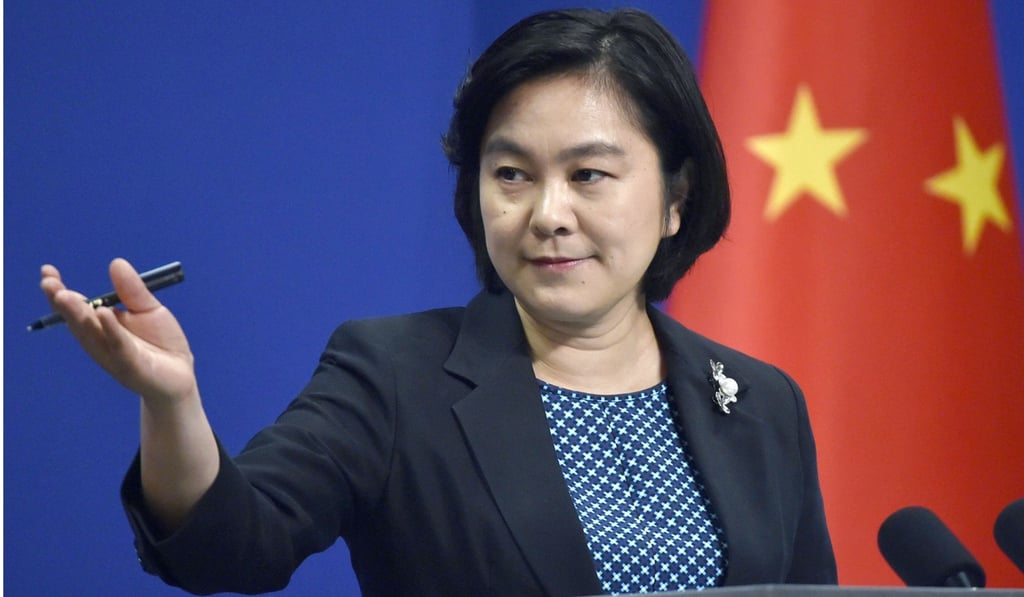Opinion | China runs out of reasons to support Kim Jong-un’s North Korea
Cary Huang believes a diplomatic shift is in order as Beijing weighs the costs and benefits of standing up for a belligerent and ungrateful nuclear-armed neighbour that now poses a threat to China’s national security

Recent developments suggest that Beijing may shift its diplomatic balance as leaders come to realise the danger North Korea’s nuclear ambition poses to world peace. So far, more than a dozen UN resolutions condemning or imposing sanctions on the North have failed to stop its nuclear development efforts.
Chinese policymakers have been debating whether there are enough practical and strategic reasons for Beijing to keep supporting the world’s most repressive regime at the expense of damaging its relations with the rest of the world, including almost all of China’s major trade partners.
Those who favour supporting the North cite two main reasons – the long-standing historical link between the two countries and the ideological bond they share, as two of only a few surviving socialist regimes in the world.
China can make Kim Jong-un an offer he can’t refuse – political asylum

